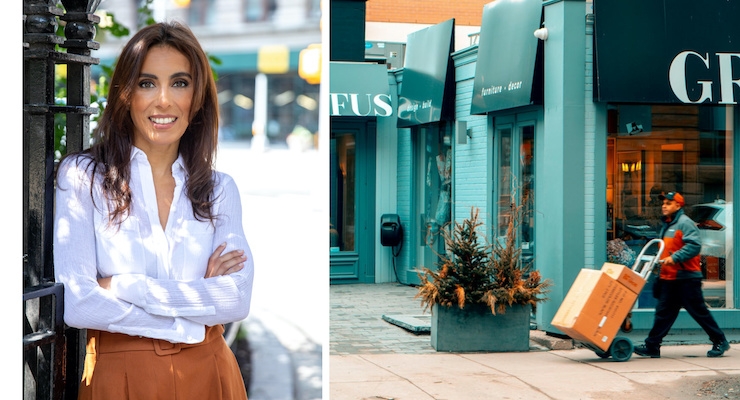The Impact of COVID-19 on the Beauty Industry’s 2020 Retail Year
By Melissa Gonzalez , founder, The Lionesque Group and Principal/Shareholder MG2 | 03.23.20
The full implications of the coronavirus on retail, fashion and the beauty industries have yet to be felt, but its disruption is evident.
The full implications of the coronavirus on retail, fashion and the beauty industries have yet to be felt, but its disruption is evident in many areas and certainly causing ripples from production to sales to distribution.
What we know is that prominent trade and fashion shows are being postponed or cancelled in Paris, London, Milan, Las Vegas, Shanghai, Tokyo and New York. Notable luxury fashion and beauty brands are cancelling Fall 2020 previews, such as Giorgio Armani, Burberry, Cartier, Chanel, Gucci, Louis Vuitton, Prada and Ralph Lauren, which will impact buyers while positively impacting brand loyalty as consumers see that social consciousness and awareness took precedence.
The postponement of key beauty trade shows such as Cosmoprof Worldwide Bologna, which showcases perfumery, cosmetics and packaging, and Esxence, Milan’s artistic perfumery show, among many larger retail events, is unprecedented.
There is no doubt, the more tenuous and direct challenges are in supply chain as factories shutter within China and shut-downs have 2-3 month delay impacts at minimum. Sellers on Amazon's marketplace are reportedly struggling to bring goods into the country.
A Berkeley Research Group report noted, indeed, by late February, the COVID-19 outbreak had rendered almost 9% of container shipping fleets inactive. Chinese manufacturing indices hit their lowest point since the Great Recession—the result of manufacturing operations staying closed after the Lunar New Year break to stem the spread of COVID-19.
It won’t be until second quarter earnings until we understand what first quarter “shut-down” in so many retail industries including beauty will mean, and with the supply/demand curve skewed for over a quarter it will not be pretty.
If, however, you are in the markets of hand sanitizers, wipes and toilet paper you may see unprecedented growth earnings. Hand sanitizer brand Touchland has built a 10,000-plus waitlist amidst coronavirus fear and has sold more than a quarter million units. Online sales of toilet tissue soared 186%, while purchases of canned goods and other non perishable foods rose 69%, as noted by Adobe Analytics.













